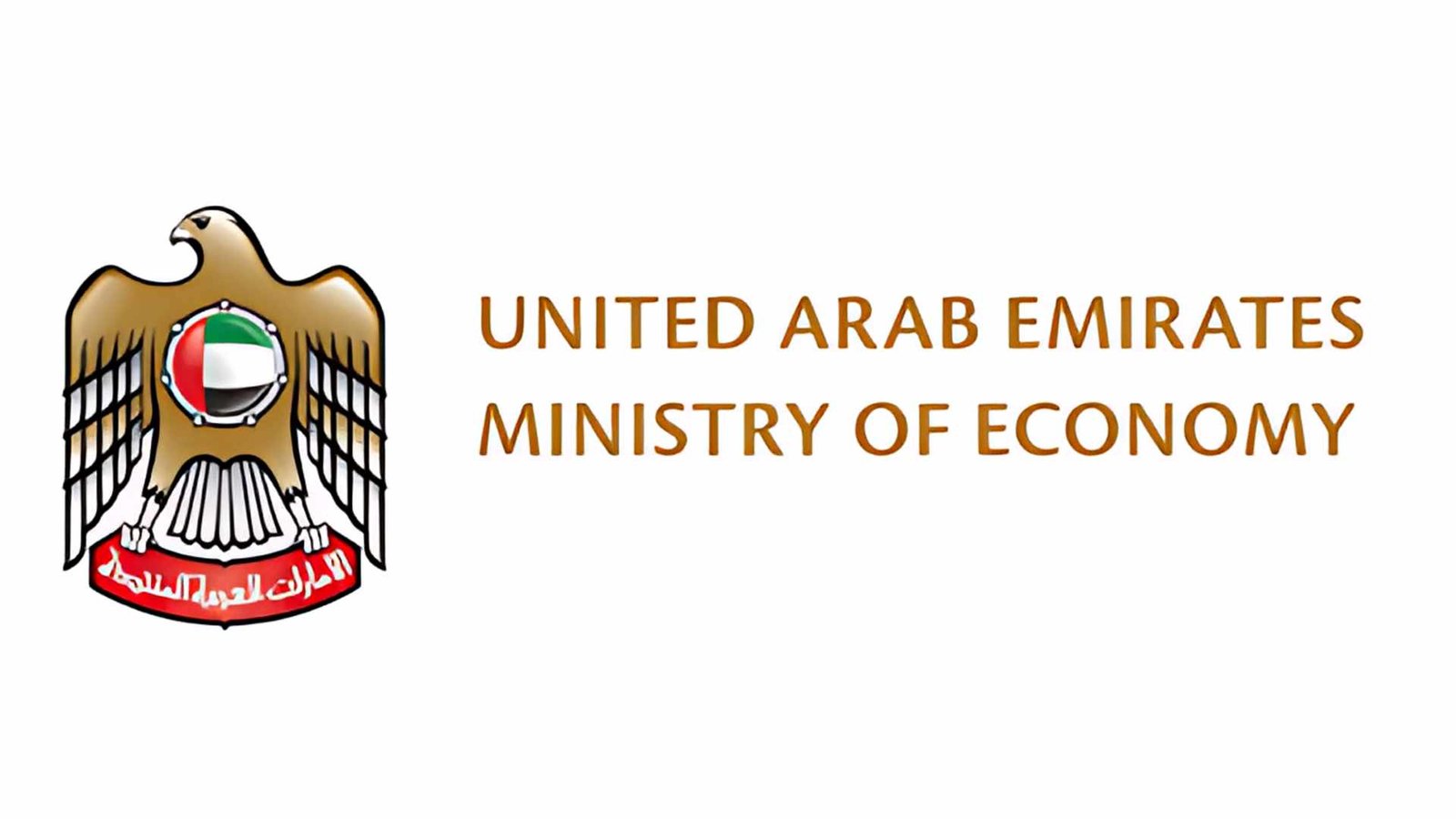Understanding the New Competition Law What is the New Competition Law? The UAE has recently introduced a groundbreaking competition law designed to reshape market dynamics and promote fair competition. This law prohibits firms from offering ‘very low’ prices for production, transfer, and marketing, aiming to prevent practices that can harm the market and consumer interests. Purpose of the Law The primary goal of this new competition law is to ensure fair competition across all sectors, prevent monopolistic practices, and protect the rights of consumers. By setting clear guidelines and restrictions, the law seeks to create a balanced and competitive market environment. Key Provisions of the Law Prohibition of Very Low Prices One of the notable provisions of the new law is the prohibition of offering very low prices for goods and services. This measure is intended to prevent companies from using predatory pricing strategies that can undermine competitors and distort market conditions. Defining Competition The law defines competition as conducting economic activities based on market mechanisms, excluding those that harm trade, development, and consumer interests. This definition emphasizes the importance of maintaining healthy competition while avoiding practices

Understanding the UAE’s New Competition Law: A Move Towards Economic Freedom and Fair Play
Topics
- Artificial Intelligence
- companies
- Construct 360
- E-Commerce industry
- Economy News
- Economy News
- Editor Choice
- Edtech industry
- energy industry
- Entertainment & Leisure
- Entrepreneurs
- Featured
- Fintech
- Funding News
- General News
- Government Policies
- Growth & Strategy
- Health & Wellness
- Healthtech
- industry
- Information & Communication Technology
- Lifestyle
- Management
- Management and Leadership
- Marketing & Branding
- Merger and Acquisition
- Money & Personal Finance
- News
- Oil and Gas
- Real Estate
- Sports and Productivity
- Start-up
- Technology
- Top 10 Listing Article
- Travel
- Women
More
Popular Categories



